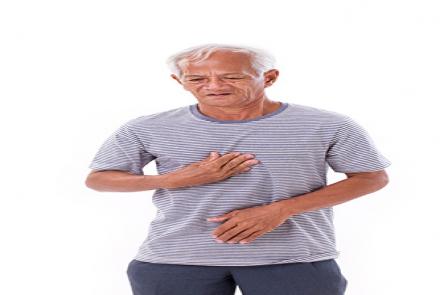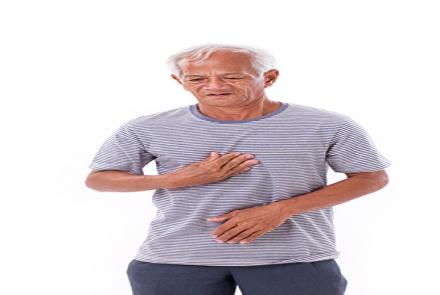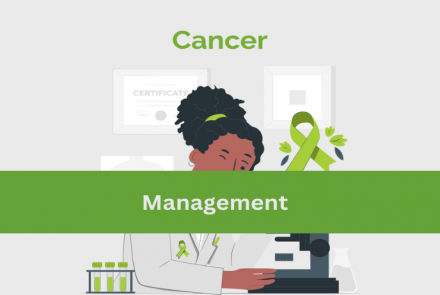Different types of stress
Acute stress is short-term and is caused by the demands of life – for instance, your child is struggling at school or you are worried about clinching a contract. This does not cause extensive damage and is manageable. This is the most common type of stress.
Chronic stress is long-term stress that the patient cannot get rid of. It is caused by longstanding situations, like being trapped in a hopeless job, in poverty, unhappy marriage or violent…
Latest Stories
- Symptoms may include the following: Forgetfulness Inability to focus Low energy levels because of too much worrying Headaches Frequent infections because of low immunity levels due to elevated stress levels Upset stomach Insomnia Irritability Pounding heart Clenched jaw Muscle pain and stiffness If these symptoms are ongoing and you can’t seem to stop them, consult a doctor.
- What causes stress Stress is caused by changes in your environment, be it the home or the workplace, or life-altering events like bereavement, illness, financial worries or divorce. The severity of the condition varies for each person, depending on his/her innate strength to face a particular problem. Are you at a risk of developing stress These factors heighten risk, for example: Childhood experiences, such as abusive behaviour, have long-term effects on the hypothalamus-pituitary system,…
- If your acid reflux or GERD is under control, you may have no serious problems from it. But if you do not keep it in control, it can cause complications. If it is not treated, acid reflux can cause inflammation and bleeding in the esophagus, the tube that connects your throat to your stomach. Even cancer can happen, but it’s rare. The most important thing is to work with your doctor to manage the condition and avoid these problems.
- GERD can be prevented in most cases by making the right choices in terms of lifestyle. Reduces chances of developing GERD by cutting down on Smoking Spicy foods Acidic fruits and vegetables, like citrus or tomatoes Alcohol Garlic and onions Fried foods, or heavily fatty foods Suggested reading Management section Diet changes to control acid reflux http://www.patientsengage.com/conditions/gerd/caring-tips
- Take all medications exactly as prescribed. Do not stop taking any prescription medication without first consulting your doctor. If you have any side effects, please discuss with your doctor. Make sure your doctor knows about all your other drugs and supplements, including over-the-counter medications and vitamins. Monitor your pulse especially if you have a pacemaker Put the second and third fingers of one hand on the inside of the wrist of the other hand, just below the thumb OR…
- There is no known method to preventing this condition. But if you do observe any of the symptoms or have any risk factors, you are advised to seek early diagnosis and treatment.
- If your child is behind on the developmental milestones, it is important to act as early as possible. Lakshmi Gopalakrishnan, a Special Educator and Rehabilitation specialist, tells you why and what it involves. Human learning and development is most rapid in the preschool years. This is the time of ‘Maximum Readiness’ and is very important, especially if the child has a delay in development/a disability/high risk of attaining a delay or disability. If the ‘most…
- Food and Nutrition Cancer and cancer treatments can be harsh on the body. Lack of appetite, weight loss and muscle wasting are common during cancer and treatment. Healthy food choices that are high in calories and proteins can boost cell growth, weight gain and improve recovery. Here are some tips for good nutrition that can be followed while treatment is ongoing: Eat small and frequent snacks Eat every few hours Include lots of leafy greens and vegetables in the diet (but make sure they…















